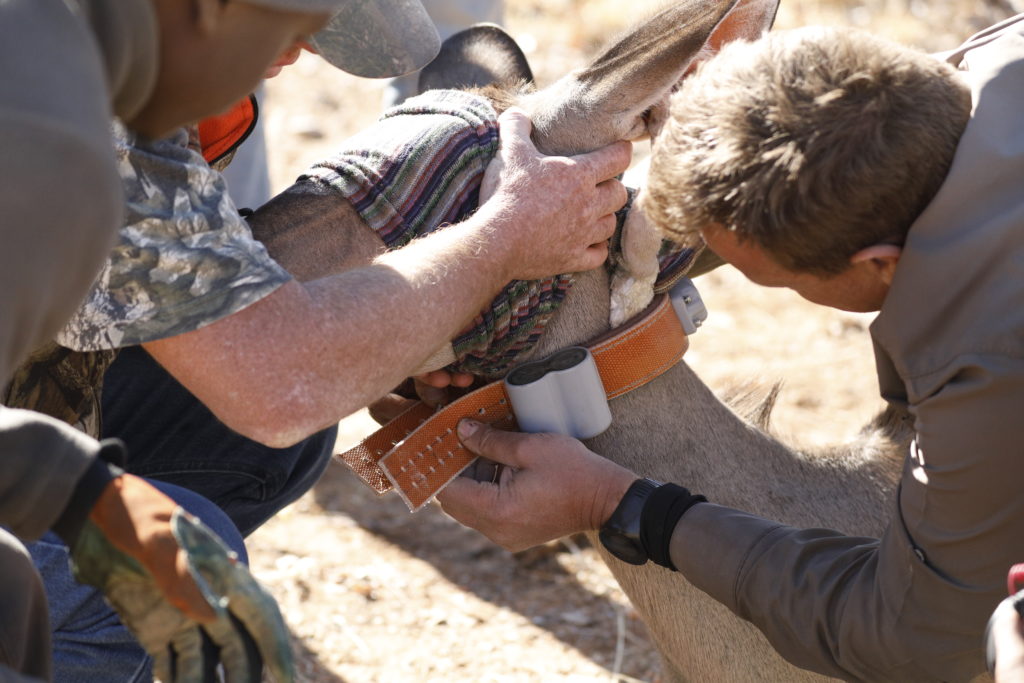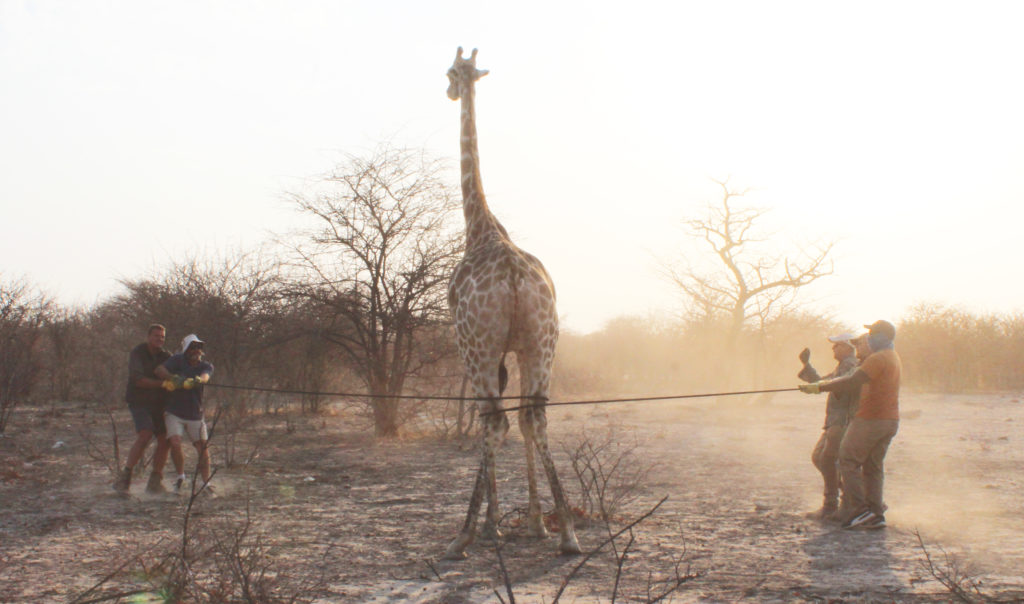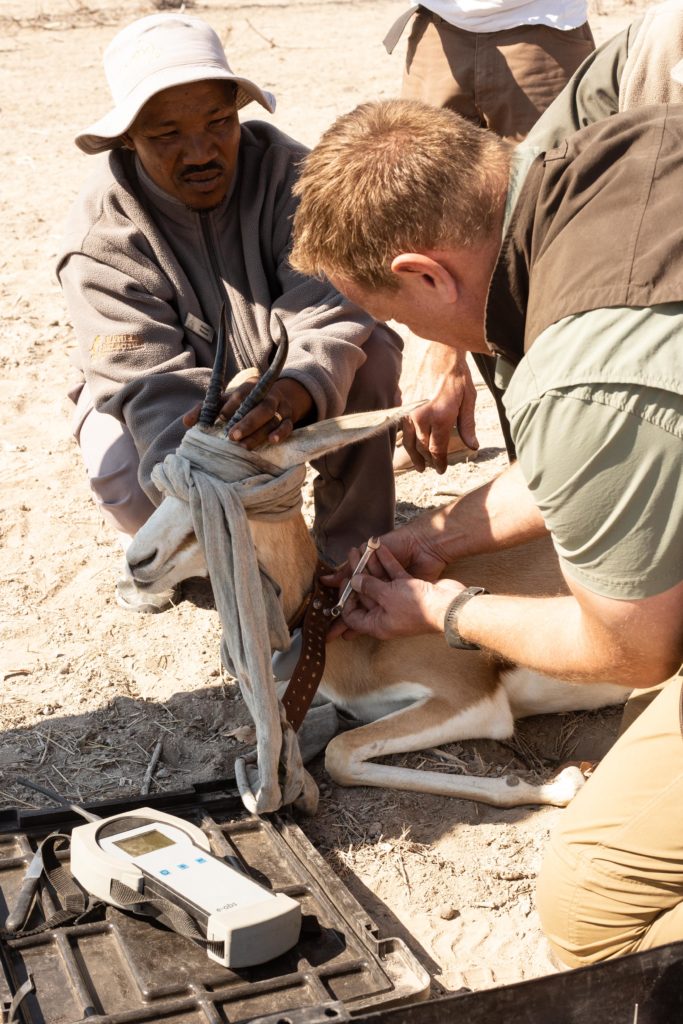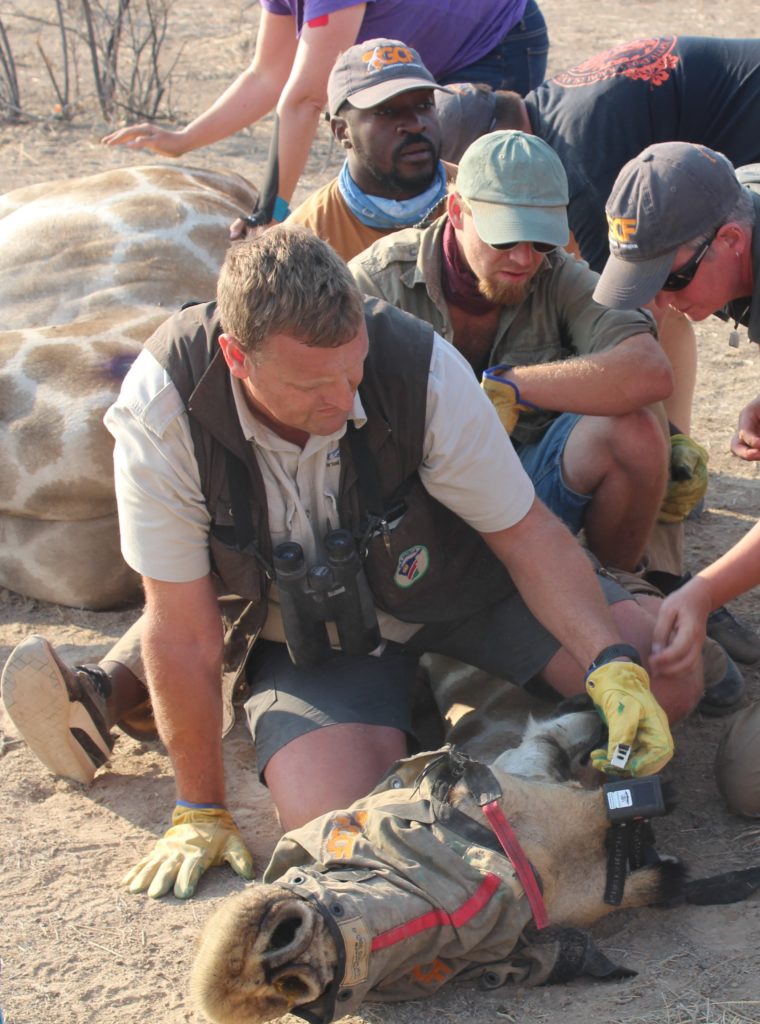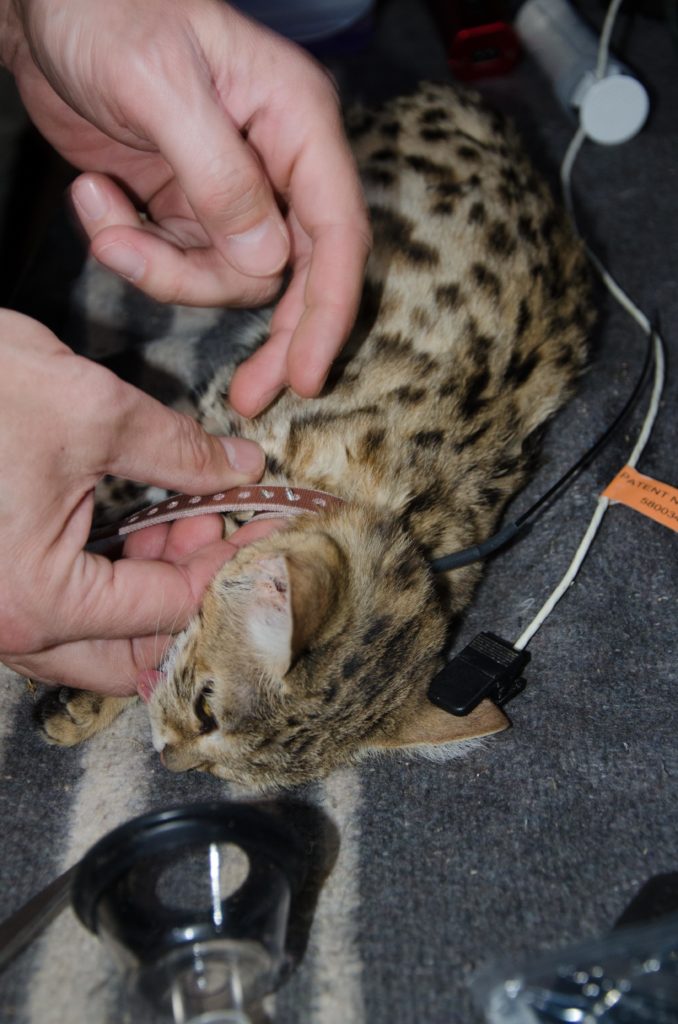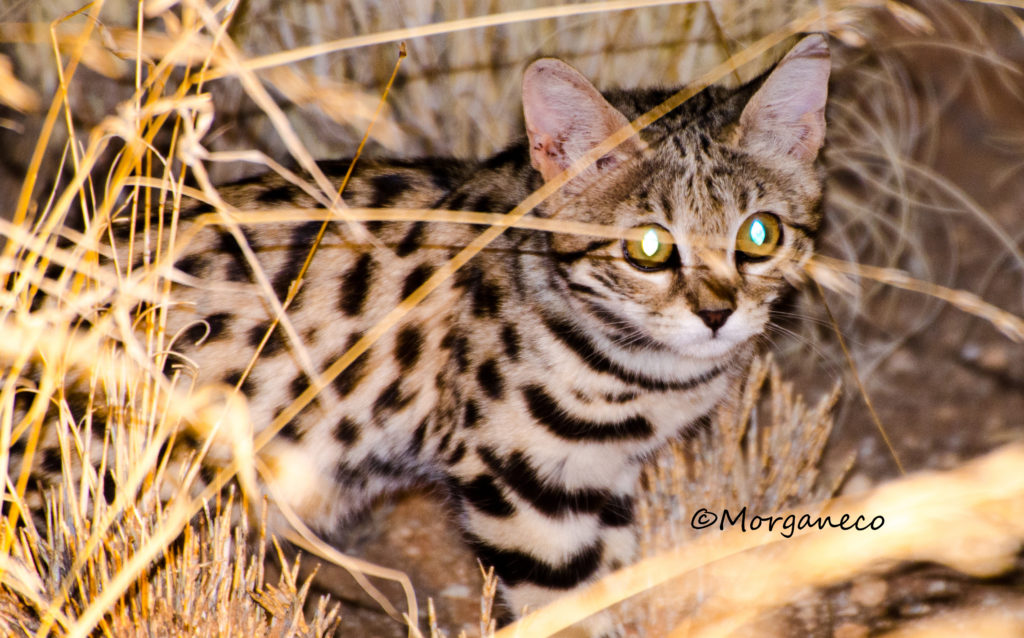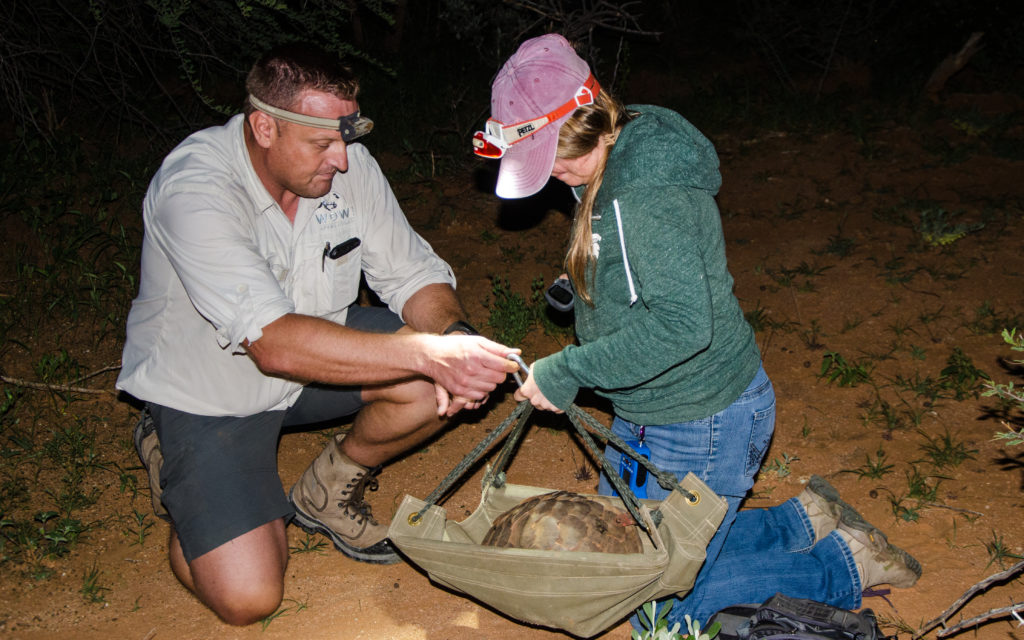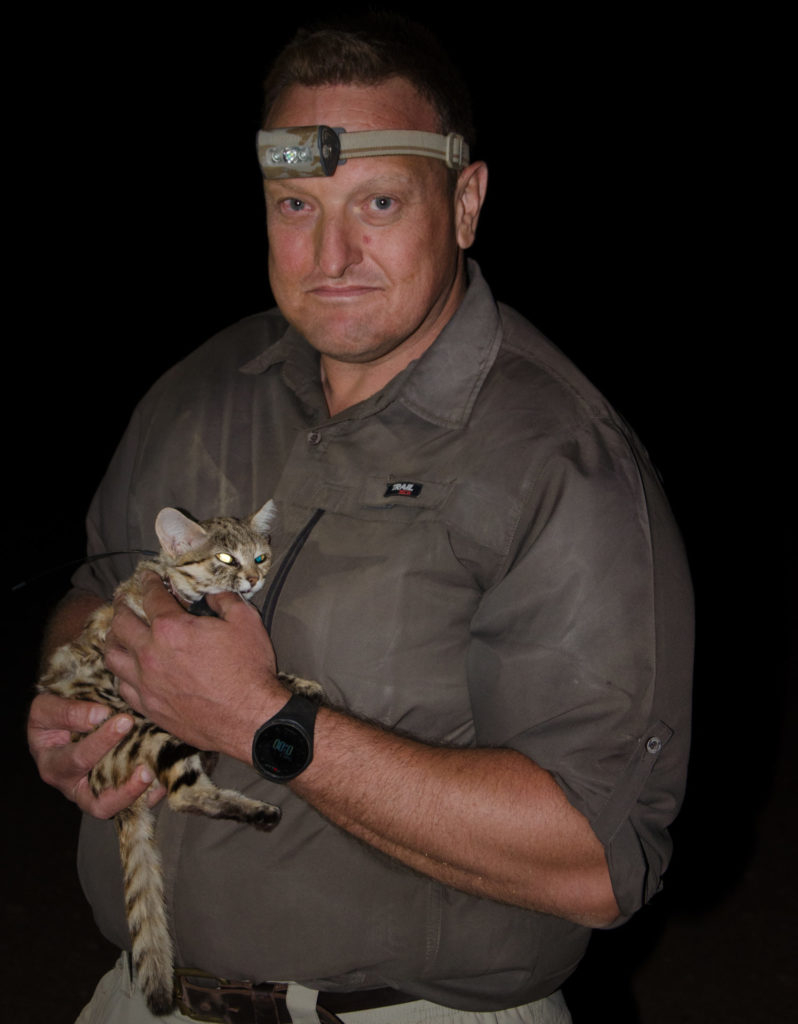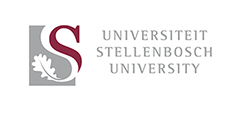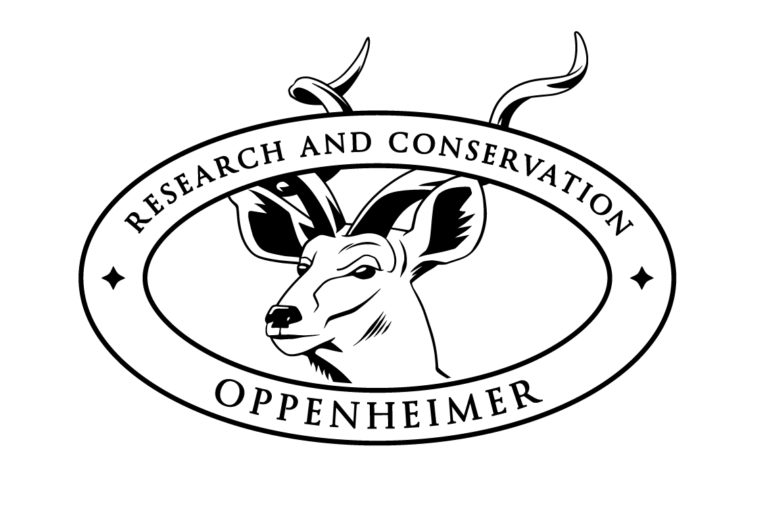Prof. Morgan Hauptfleisch holds a BSc. Honours degree in Ecology and Botany, an MSc. in Plant Ecology and Wildlife Management and a PhD in Environmental Management. He is principal of the Biodiversity Research Centre at the Namibia University of Science and Technology. He lectures in Ecology, Rangeland and Wildlife Management and Natural Resource Management and is currently involved in research on the topics of environmental impact assessment, human wildlife conflict, wildlife census and sustainable wildlife management. He has authored numerous journal papers, book chapters and popular articles on these subjects based on research in six African countries. He serves on the board of the Southern African Institute for Environmental Assessment and the council of the Namibia Chamber of Environment. He also serves on the editorial committee of the Namibian Journal of Environment. His major research collaborators include the University of St. Andrews (UK), Dartmouth College (USA), Potsdam University (Germany), UCT (RSA) and North-west University (RSA).
One of his priority research areas concerns multiple land-use systems and the movement of wildlife between different land-uses as well as mammal species density and diversity on conservation, agriculture and mixed land use. The research includes the movement of wildlife between parks and neighbours, and the effect thereof on livelihoods and ecosystem services. This highlights barriers to movement and effects such as human-wildlife conflict and poaching risk. Namibia’s communal conservancy programme is known for its successes in terms of bolstering rural livelihoods from consumptive and non-consumptive wildlife use and protecting endangered large mammal species on extensive and fence-free natural lands. His current research seeks to understand how wildlife moves within this system and well on the interface with national parks and intensively-fenced commercial farmland on its borders. This work is done in collaboration with many Namibian and international conservation and academic partners, such as Giraffe Conservation Foundation, the Namibian Chamber of Environment, the Namibian Ministry of Environment Forestry and Tourism, Potsdam University, University of St. Andrews, the Cologne Zoo and black-footed cat working group. As founder and lead of the NUST Biodiversity Research Centre, he supervises Master and PhD students within the research areas above as well as applied topics relating to wildlife conservation and management in Namibia and beyond.
Contrary to much of the rest of Africa, Namibia has a low human population density, and has more than doubled its protected area network over the past 15 years. This has had a positive effect on wildlife populations, however it has increased human-wildlife conflict. The extent of this conflict has had socio-economic and political implications. There is therefore current pressure to reduce populations of especially large carnivores. Retaliatory persecution of carnivores is prevalent, but also often indiscriminate through the use of poisons and gin traps at a concerning scale. Since livestock farming dominates much of the freehold land, climate change, overgrazing and bush encroachment are reducing rangeland productivity, with a likely impact on small carnivores and their prey.
